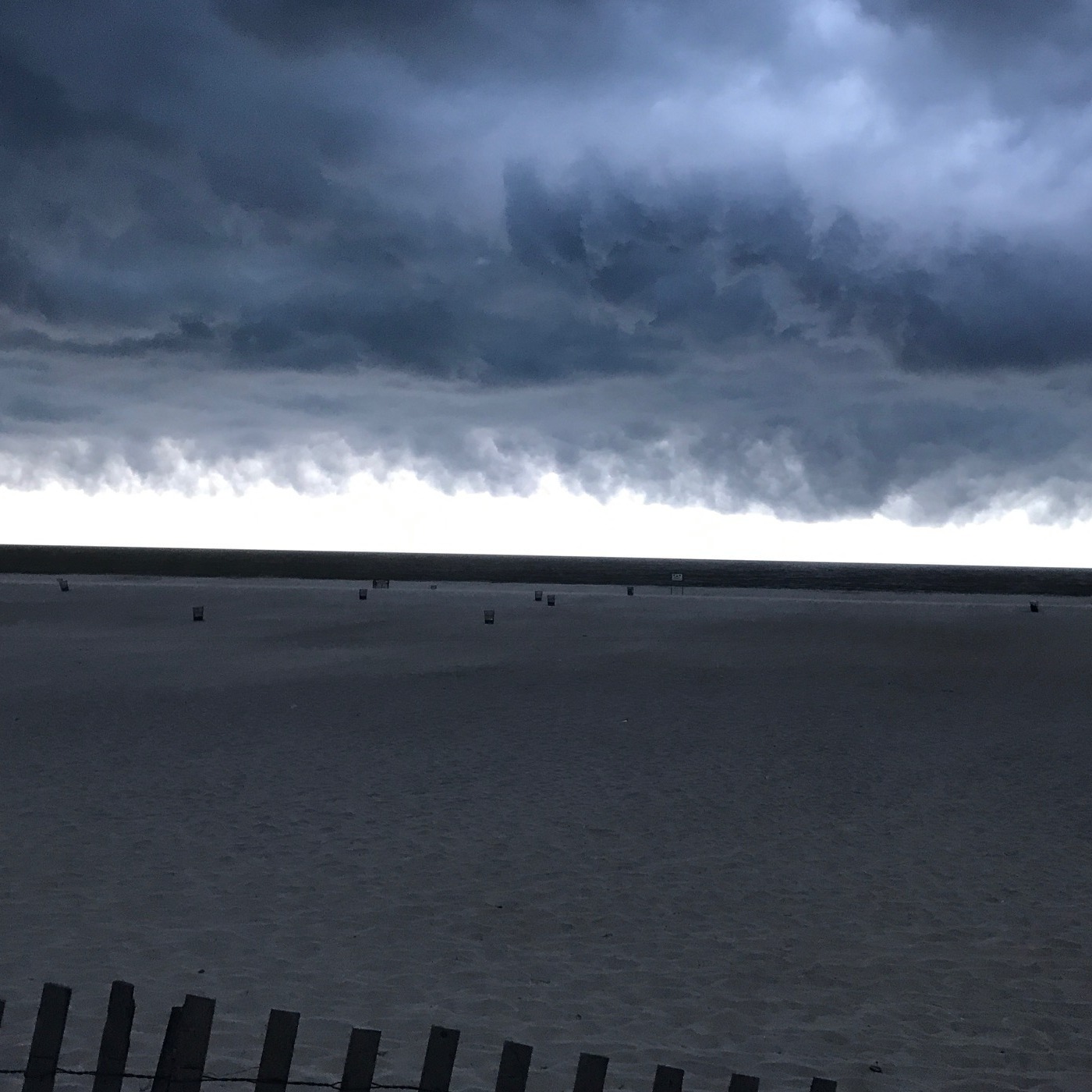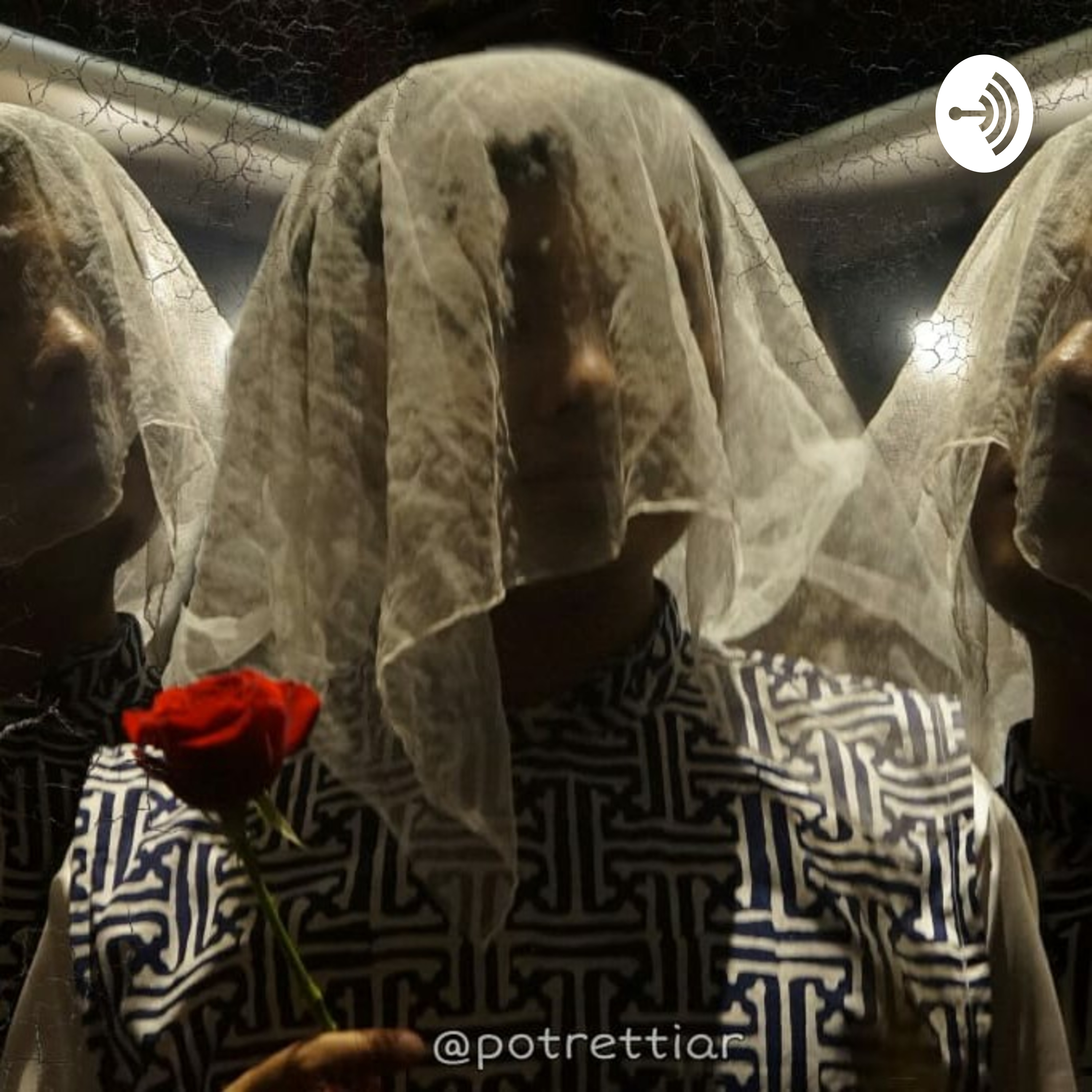 |
War & Peace Podnotes, A Study GuideAuthor: Sean Roman Language: en-us Contact email: Get it Feed URL: Get it iTunes ID: Get it |
Listen Now...
Bk. 1, Pt. 3, Ch. 18(B): Breaking the Ice
Episode 27
Sunday, 15 February, 2026
This pivotal short section depicts one of the iconic episodes of Austerlitz, namely retreating Russian forces falling through ice amidst an artillery barrage.French General Adolphe Marbot provided a contemporary report on this phenomenon and Czar Alexander appears to have relayed to his inner circle, years later in 1814, that he watched helplessly as thousands of his men perish in the frozen waters. A large number is realistic given accepted casualty figures. Estimates of allied losses indicate 12,000 Russians and 4,000 Austrians dead or wounded and 12,000 captured. French losses were around 1,400 killed and 7,000 injured. For nearly a century, which covers the period Tolstoy was writing, it was accepted that thousands perished in this dramatic way. However, academic scrutiny on the episode gained steam in 1902 when Oxford historian Reginald L. Poole published an influential article in The English Historical Review. Poole notes that accounts of the weather in the local Oberamtmann newspaper for early December 1805 indicate the ice was relatively thin, so Poole suggests a vast army retreat would not have been realistic. Nevertheless, a report of relatively thin ice is...relative...and the weather was naturally subject to getting colder from publication. Poole also notes that French engineers drained some of the waters within a few days of the battle, whereupon they discovered 30 cannons and the remains of 150 horses but only three people. Still there are few specifics on the actual draining. While there remains a great deal of mystery surrounding the event, cannon balls assuredly pierced the ice, leading to a grand spectacle.Tolstoy puts the fictional Fedor Dolokhov in this mix of the columns retreating in the southern portion of the field after the fight was lost at all points. Dolokhov is among a group crowding around an escape route by a dam and the attendant waters near the Village of Augesd (Awg-est or Ow-gest), which was reachable by cannon fire from the Pratzen Heights. It was within the rules of engagement to fire at such retreating soldiers, provided it was done at active combatants and not those surrendering or too injured to pose a threat. Tolstoy makes a critical contrast, remarking how this area only knew peace for generations. On the quant dam, which also served as a bridge, an old miller would ordinarily sit in his tasseled cap fishing with his grandson nearby while locals steered their two-horse carts back and forth with goods. On December 2, 1805, however, terrified men crowded together, nearly crushing one another amidst an artillery barrage. Many were struck down like bowling pins. At intervals, they took fire and some went down while others were forced to step over the dead. It was something of a macabre carnival game. Dolokhov is a character men & women love and actors would love to play. Youthful, masculine, handsome, with a dark and wild side. Not wealthy and of privilege like the plentiful assembly of aristocrats Tolstoy crafts, Dolokhov still reflects a side of Tolstoy as in the author’s younger days he was quite the debauched gambler. Dolokhov had been wounded and imbued with survival instincts. He was escaping with some ten men of his company, representing all that was left of it. His contingent got stymied at an approach because a dead horse had to be dragged out of the narrow path.Soon enough, a cannon ball takes someone out behind Dolokov and another fell in front of him, so Dolokhov was splashed with blood. He is desperate. Each of these men thought, “If we get a hundred yards further and we are saved, but shall we remain here another two minutes….it is certain death.” Dolokhov frees himself, leaves the edge of the dam and runs onto the ice. Come this way!” he beckons, jumping about the ice which creaked under him. “It bears!” The ice swayed and it was plain that it would give way under his weight alone. The men hesitated in stepping onto the ice, but realized they had no choice.A nearby general on horseback tried to say something but was quickly taken out and it was an ugly death. Seeing their leader fall, the men realized they had to try and ran onto that ice. So they went, running and sliding away from danger. Very soon, the ice gave way. First under one man, then another, and on and on. Cries of horror were heard as a group went down in a great mass and struggled in the freezing water. Tolstoy puts a number as forty men, which is well within reason. As the chapter ends, cannon balls continue to pound the ice.











